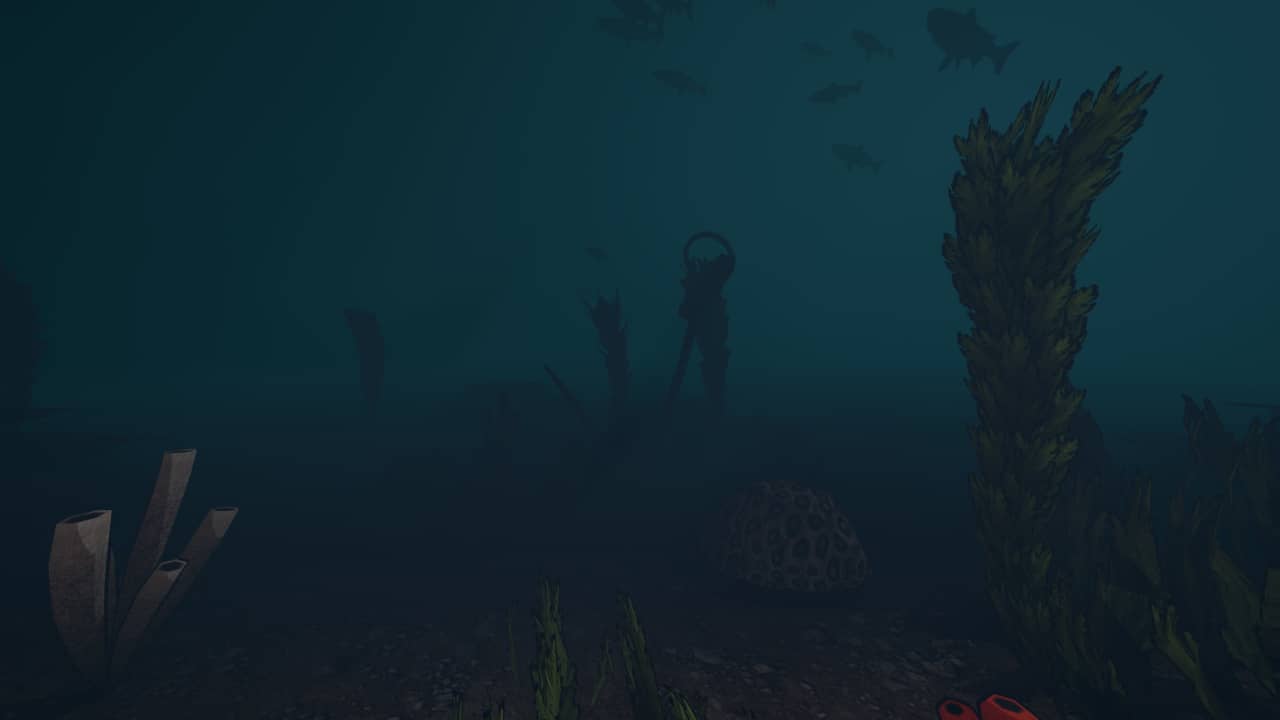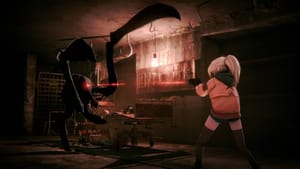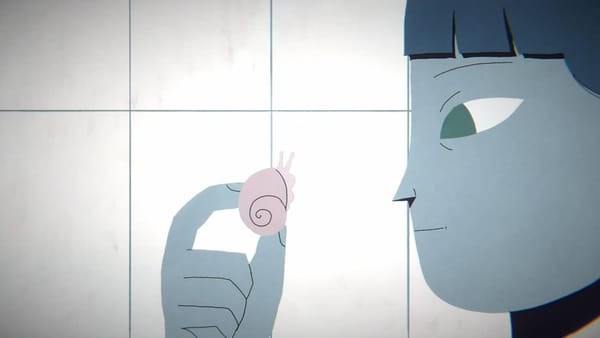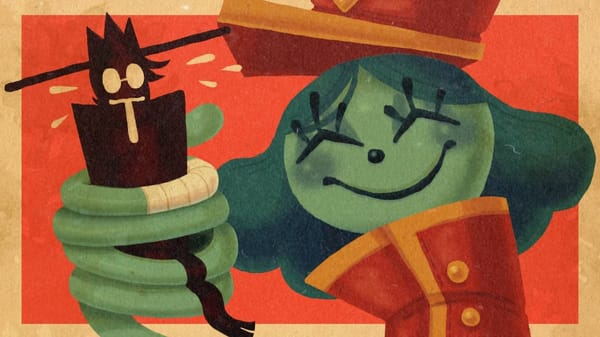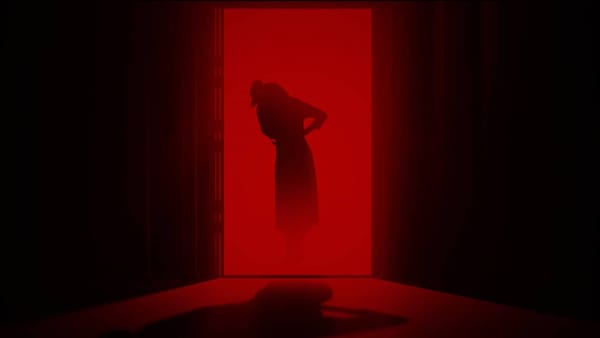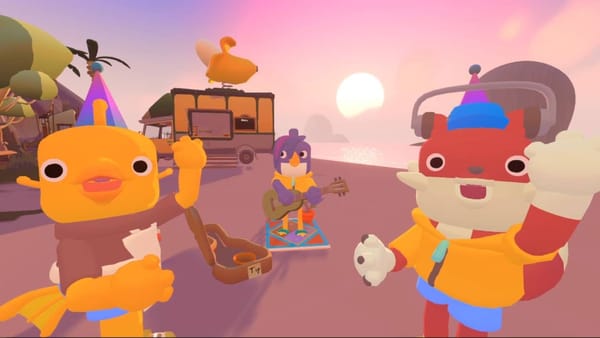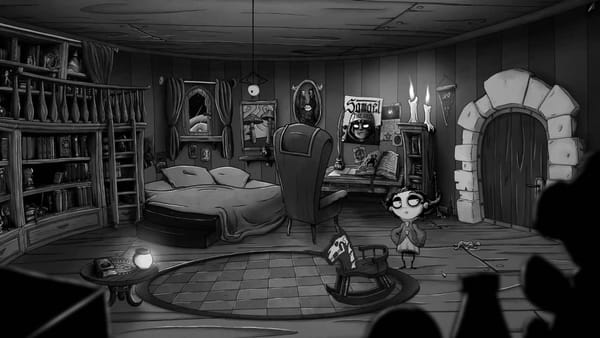Gearing myself up for a few hours of gameplay, I was surprised to have finished The Little Glass Bottle DLC for Dagon in less than 20 minutes. However, the press material clearly states that. It was just a shame then as it was starting to get exciting.
This DLC expands upon the Dagon base game, a visual novel-like experience from two-person indie developer Bit Golem that has been added to over 800,000 accounts on Steam and 100,000 on GOG. And, just to put this in perspective, all sales from the DLC will go to humanitarian aid in Ukraine.
As for the content in The Little Glass Bottle DLC, it’s based on a short story by H.P. Lovecraft once again, this time, it’s a much younger version: his 7-year-old self. Compared to the first instalment, it’s significantly more upbeat and rather than have the brooding voiceover of before, we have a young chap giving it his all and doing a grand job at that.

We join the protagonist on a boat when he finds a message in a bottle. That message soon prompts hiring a schooner and a quick adventure to find some travel. The Little Glass Bottle DLC is very short, so don’t get your hopes up for hours of play. Equally, it’s about progressing with the story by clicking the markers (though you can interact with items and locate trivia, as seen in Dagon).
The visuals have also taken a bit of tuning and are much more vibrant, perhaps to match the narrative. This time we see human models, and they have a thick outline to them – as do the objects, giving the slight appearance of cell-shading when it’s not. In short, the presentation is excellent and different from the darkness we saw in the base game.
You’ll note that I haven’t said much more about the story. Aside from spoiling any game by telling you all the bits and pieces, because of the length, it’s best to see this for yourself, knowing that your money isn’t buying the devs a Ferrari (though I’m sure they’ve earned it) and going to a good cause.
This story snippet is faithful to the source material, keeping the typos and ambiguity that Lovecraft liked to lace his text with. I think it’s a cover-up, and he made loads of mistakes, but the word here is faithful. Though you can finish this in a short space of time, there are a few hidden trivia pieces, so fellow Lovecraft fans should be in their element – especially with such an unusual text we don’t usually see, just Cthulhu and those other scallywags.
Like this sort of thing? May I also suggest you check out The Night Fisherman.


